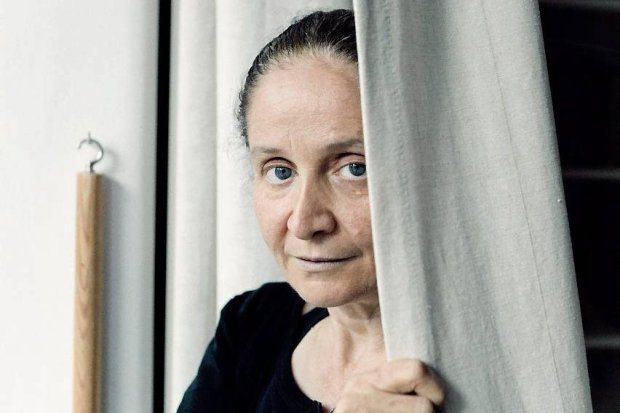From the moment my mother came into dementia, time with her ran backwards. First the preceding day vanished from her memory, then the month before. In the outside world the dates followed one another in the usual order, but she paid no attention. In her apartment, late March regained its beginning, and then the page on the calendar had to be turned back again—it was the end of February. Since the regular course of time had been reversed, month by month she was losing years. First she forgot my sons, then she forgot my husband.
“Did you go for a walk with your daughter today?” asked the nurse who visited in the afternoons. “With who?” my mother asked, puzzled. “I never had a daughter.”
So she’d forgotten me as well. Which must mean we’d passed the midpoint of the 1950s. My mother could not stop there. We knew what would come next. Sooner or later we’d fall back to the end of the war. We would see the generals signing their peace treaties, the fireworks, the drunken soldiers.
But before that day came, she turned anxious. She had to go back to Mauthausen for something. For what? For whom, I should rather ask. She wanted to know if I would go there with her. By then I was her second cousin, though I had no idea what my name was. My mother knew my name for sure, but at that time she was not yet aware that I’d died in Auschwitz like the others. And so any question was possible. A journey to Mauthausen was not excluded, though it would probably require unimaginable exertions at the requisite offices with their huge gloomy waiting rooms. We were to search for a child in Mauthausen. But what child? Whose? She wasn’t exactly sure. And before we were ready to set off, she forgot everything. Finally the day of the liberation came and passed unnoticed, grey and cloudy. The generals, the fireworks, the drunken soldiers? We hadn’t seen them. There was nothing to celebrate. When you were traveling backwards in time, liberation led directly to the turmoil of war and occupation …
Translated by William Pierce
Read more in Little Star Weekly this week
Magdalena Tulli has written several novels (four of them available in English) and received a number of literary awards in her native Poland. Most recently, her novel In Red was published in Bill Johnston’s translation by Archipelago Books. She has also translated into Polish the works of Marcel Proust, Italo Calvino, and others. “Bronek” forms part of a volume of autobiographical stories recently published in Poland. William Pierce’s fiction has appeared in Granta, American Literary Review, and elsewhere. He is senior editor of Agni and has recently completed a novel, Heartwrap.
